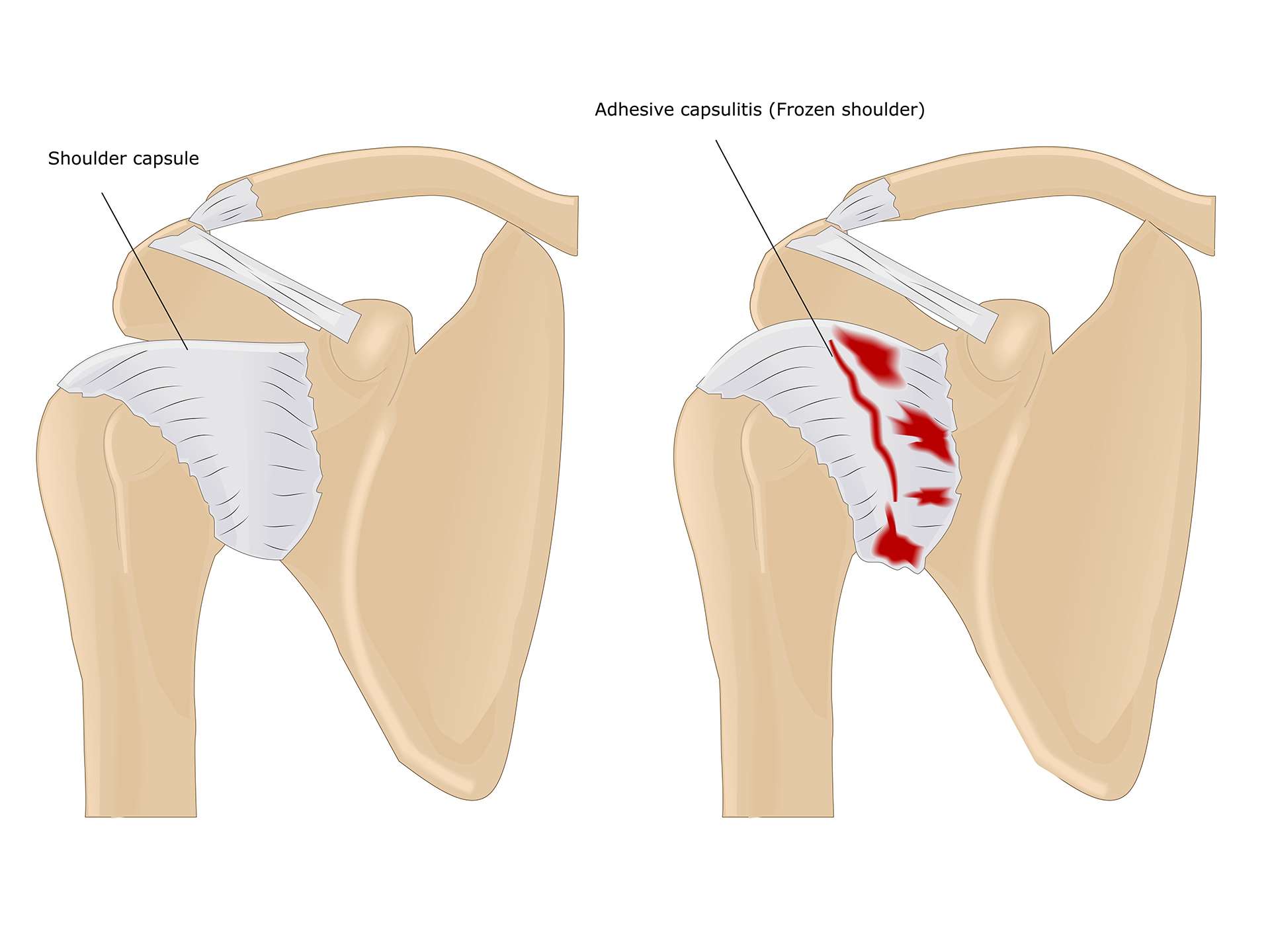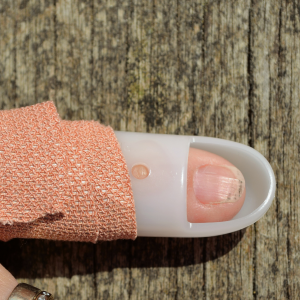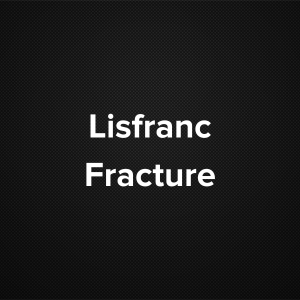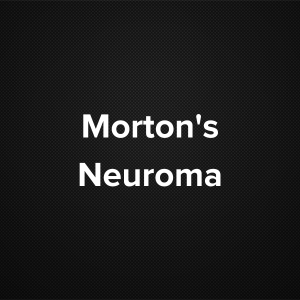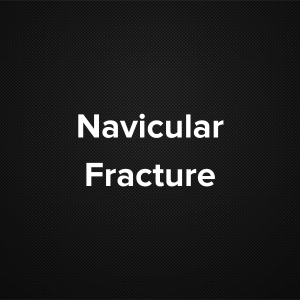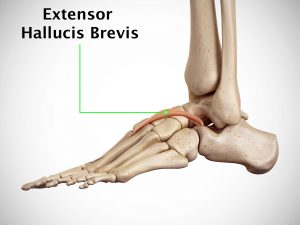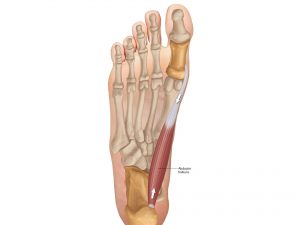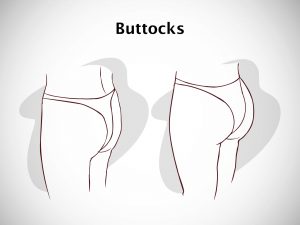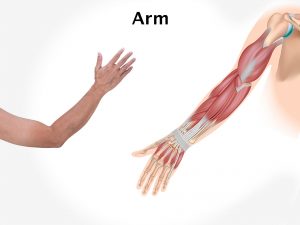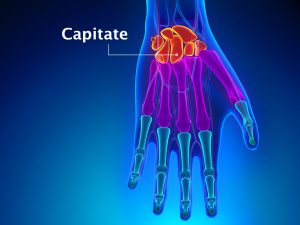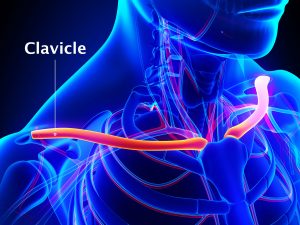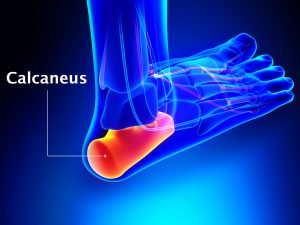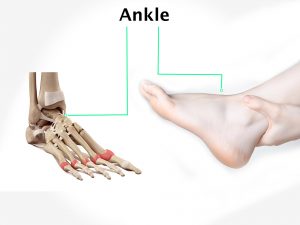Adhesive Capsulitis is a condition affecting the capsule covering tendons, ligaments and bones that make up the shoulder joint.
The capsule thickens and tightens around the shoulder joint causing restricted movement and severe pain. The reason as to why this happens is not known. Immobilization of the shoulder joint for a long time due to any reason is a possible cause according to them.
There are certain factors that predispose you to develop frozen shoulder. Frozen shoulder typically occurs in women over 40 years of age.Suffering from systemic disease like Diabetes, Parkinson’s, Hyperthyroidism, Hypothyroidism, Cardiovascular diseases, and Tuberculosis can lead to development of frozen shoulder.
Broken arms, recovery from surgery, rotator cuff injury are also some of the factors that can give rise to frozen shoulder.
Frozen shoulder develops in three stages.
The Painful Stage– This is the onset of the disease. There is severe pain with slightest movement of the shoulder. The pain may even be severe enough to disturb sleep at night. Gradually the movement of the joint is restricted.
The Frozen Stage– The pain seen earlier is much less here. The movement of the joint though, remains severely restricted.
The Thawing Stage– The condition begins improving on its own. The pain is almost nil and the joint movement gradually comes back to normal.
Frozen shoulder can be diagnosed on the basis of the presenting symptoms itself. Your doctor will ask you to do some simple exercises like lifting both your hands up and the bringing it down, scratching the back and touching the opposite shoulder.This is done to differentiate between actual frozen shoulder and rotator cuff injuries. Additionally an x-ray and CT-scan/MRI may be recommended to rule out other structural problems.
Treating shoulder pain involves managing the pain and preserving as much as motion as possible. Over the counter pain-killers suffice for relieving the pain. Exercises to keep the joint mobile and not lose further range of motion are advised under the guidance of a physiotherapist.
Frozen shoulder gets better within a year or two of onset. If the condition persists for longer periods of time, other options are explored.
Steroids injected directly into the shoulder help to reduce the pain and relieve the thickening.
Injecting sterile water into the join helps to stretch the tissue and aids in painless movement.
If nothing helps, the scar tissue and adhesions can be removed surgically too.
